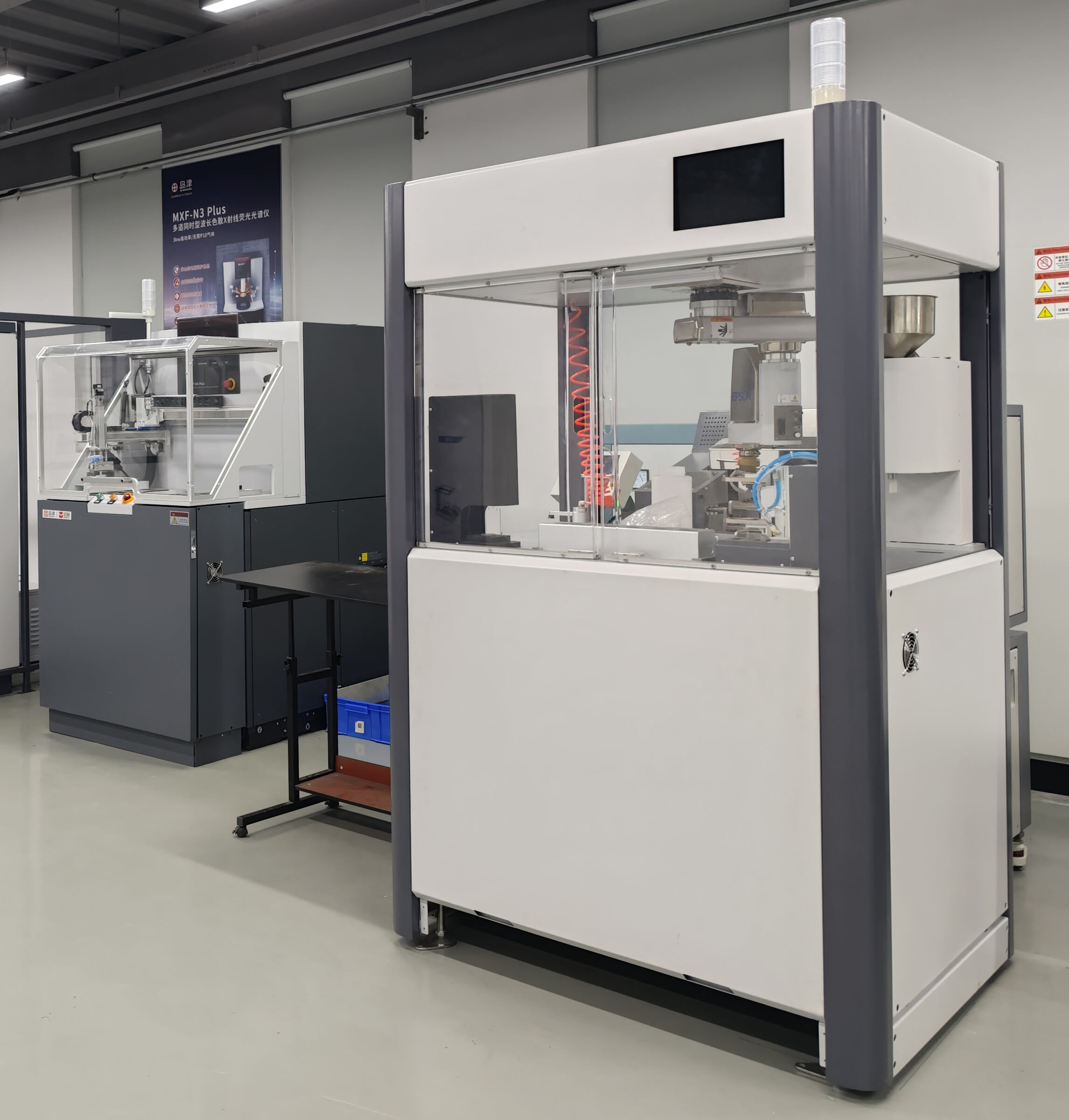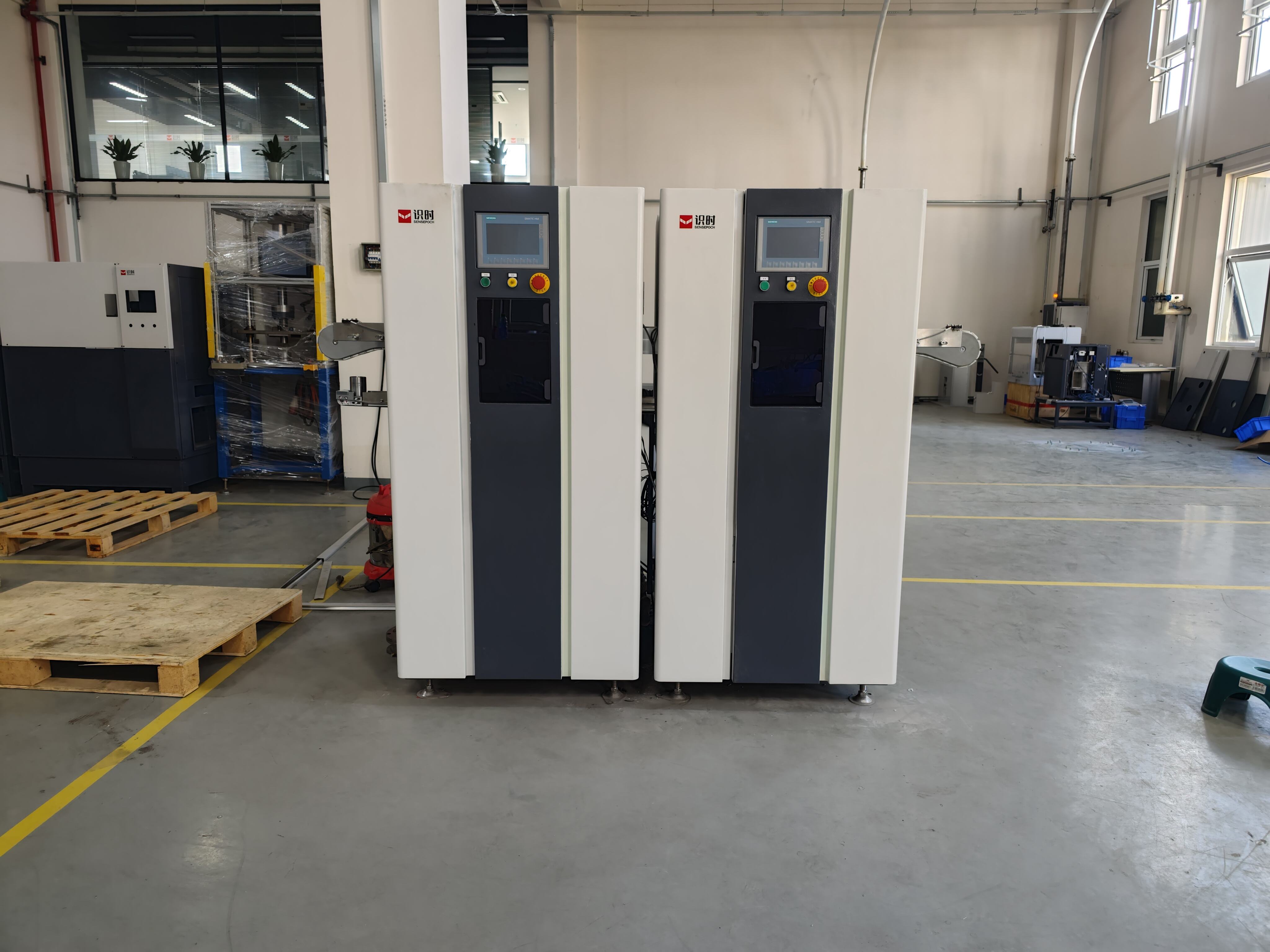cnc price
CNC price considerations encompass a complex matrix of factors that directly influence the total investment in computer numerical control machinery. Modern CNC machines represent a significant capital investment, with prices ranging from $30,000 for basic models to over $200,000 for advanced systems. The price structure typically reflects the machine's capabilities, including axis configuration, working envelope, spindle power, and control system sophistication. Entry-level 3-axis machines suitable for basic milling operations generally fall in the lower price range, while 5-axis machines capable of complex geometries command premium prices. The cost also factors in auxiliary equipment such as tooling systems, coolant delivery mechanisms, and automated material handling capabilities. Software integration, including CAD/CAM systems and post-processors, adds another layer to the pricing equation. Additionally, manufacturers must consider installation costs, training requirements, and ongoing maintenance expenses when evaluating the total cost of ownership. The market offers various financing options, including leasing and payment plans, making advanced CNC technology more accessible to smaller operations. Understanding these price components helps businesses make informed decisions aligned with their production needs and budget constraints.

